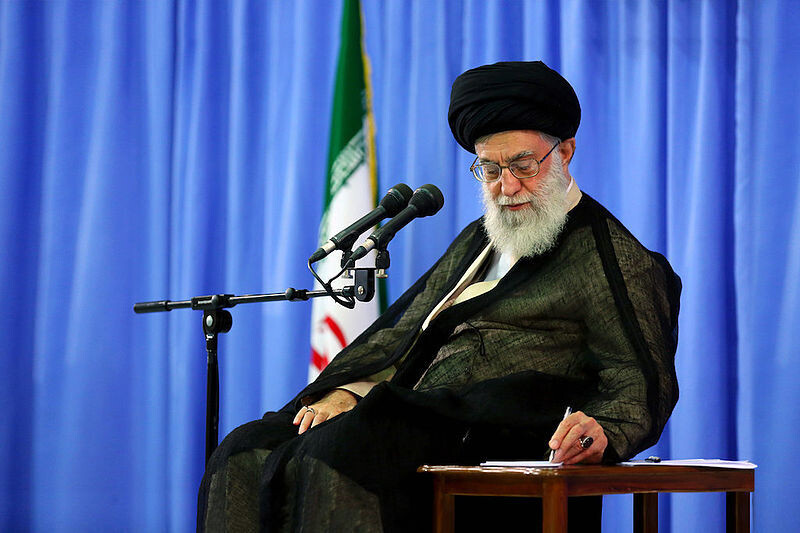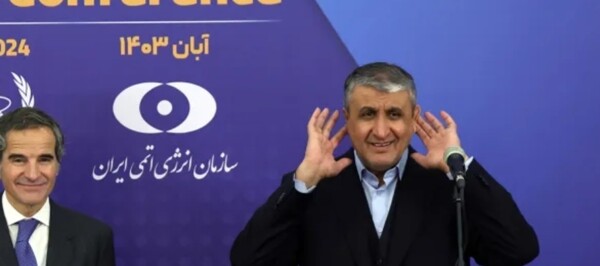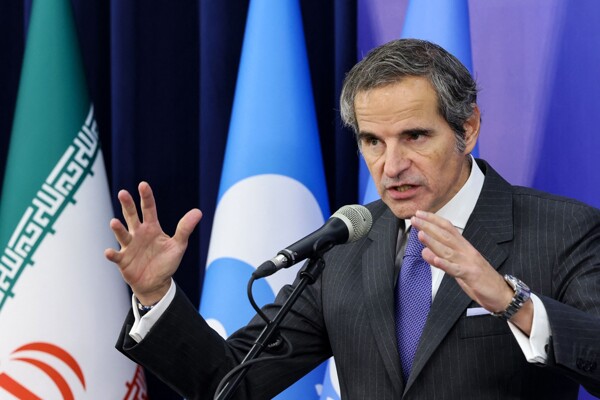
Iran's recent statements regarding a strong response to the Israeli attack suggest a worsening of the situation if peace negotiations in the region do not advance. In response, Egypt has proposed a two-day truce in Gaza as a first step towards reducing tensions and possibly initiating more substantial peace talks.
The escalation of hostilities between Israel and Iran adds to the existing tensions with groups like Hezbollah and Hamas, further complicating the political and military landscape in the region. Tehran has heightened its belligerent rhetoric regarding retaliatory attacks, despite attempts to calm the situation shortly after receiving attacks from the Israel Defense Forces.
In the Middle East, tensions remain high, with various fronts opened between Israel and different actors in the region. The firm positions of both sides, along with the cycle of mutual retaliation, hinder the potential for a lasting and peaceful agreement.
On the other hand, security in Israel has intensified, especially after the drone attack carried out by Hezbollah that damaged Prime Minister Netanyahu's private residence. To prevent further attacks, security measures have been reinforced, and government meetings are held in secret locations.
The international community is closely monitoring these events, concerned about a possible greater escalation that could not only affect the region but also global stability as a whole.














